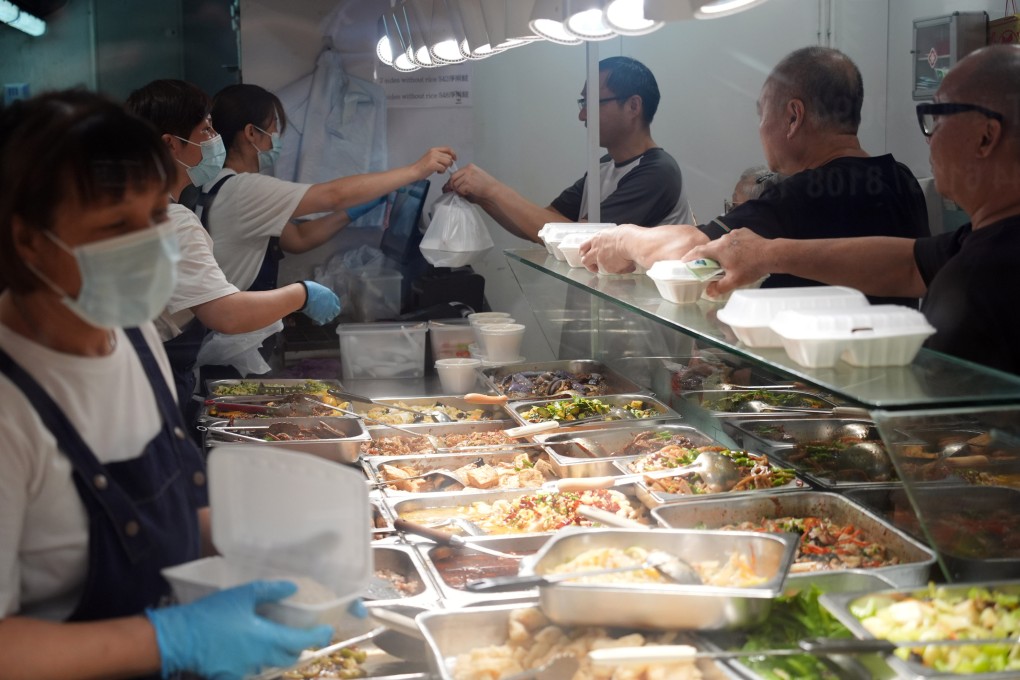Macau intensifies fight against single-use plastic, aiming for near-zero emissions by 2050
- After banning plastic cutlery last year, this year the city acted against imports of styrofoam trays, and plastic cups and plates, as it grapples with its mountain of solid waste

In its latest move to curb waste and address excessive amounts of single-use plastic, Macau banned the import of non-degradable styrofoam trays, plastic cups and plates at the start of the year. This builds on last year’s ban of non-degradable plastic cutlery.
Both initiatives were launched to help address the city’s sizeable issue with solid waste. According to the “Report on the State of the Environment of Macao 2022”, residents generated over 1.77 kilograms of solid waste per day that year, higher than neighbouring Hong Kong (1.53kg) and more than double that of Guangzhou (0.86kg).
Previous green policies include a levy on plastic bags, from 2019; banning the use of non-degradable styrofoam meal boxes, bowls and cups at the start of 2021; and prohibiting single-use plastic straws and drink stirrers, starting in January 2022.
“Macau has been taking a progressive and incremental approach over the last three years,” says Angus Ho, executive director of the non-profit Greeners Action.
“Every time, they expand what’s included in the ban. Hong Kong is somewhat lagging behind, only seeing similar measures introduced this year.”

The latest rules further tighten plastic imports due to the negative environmental impacts associated with their life cycle, says Tian Yihui, associate dean of the Faculty of Business at the City University of Macau.